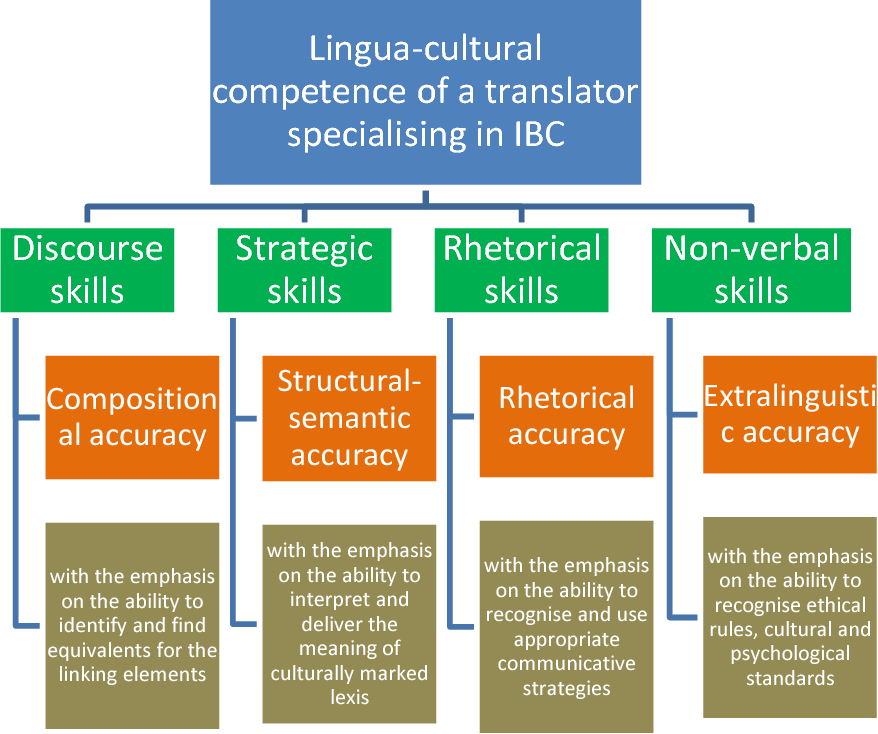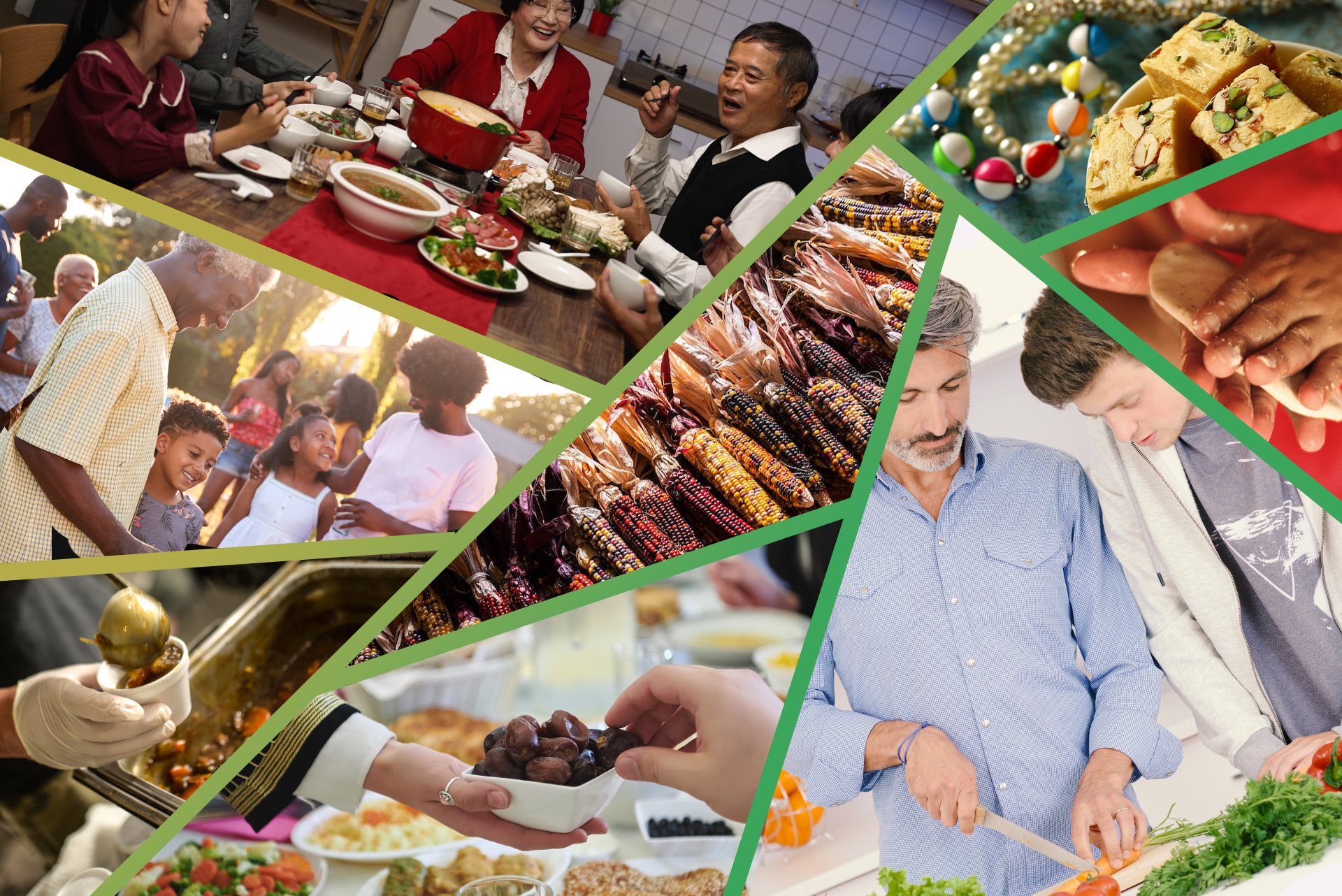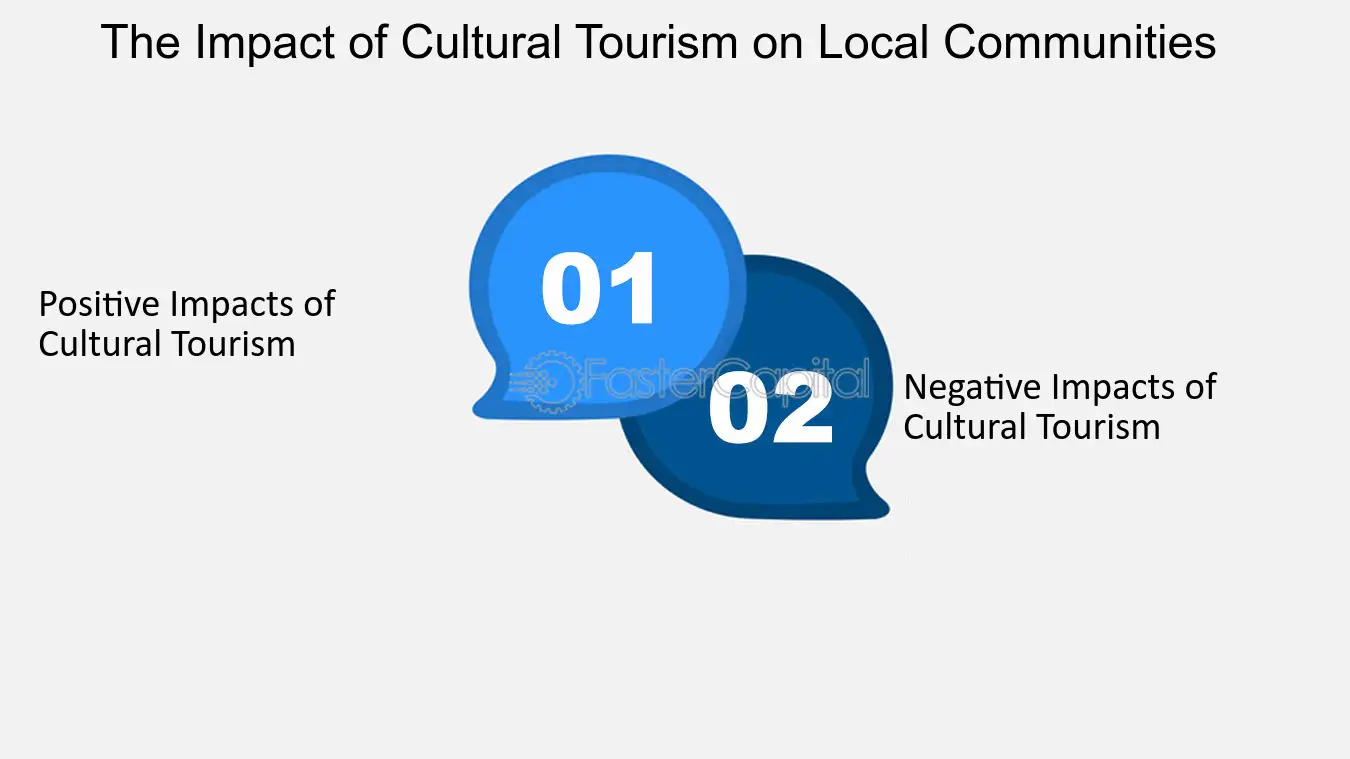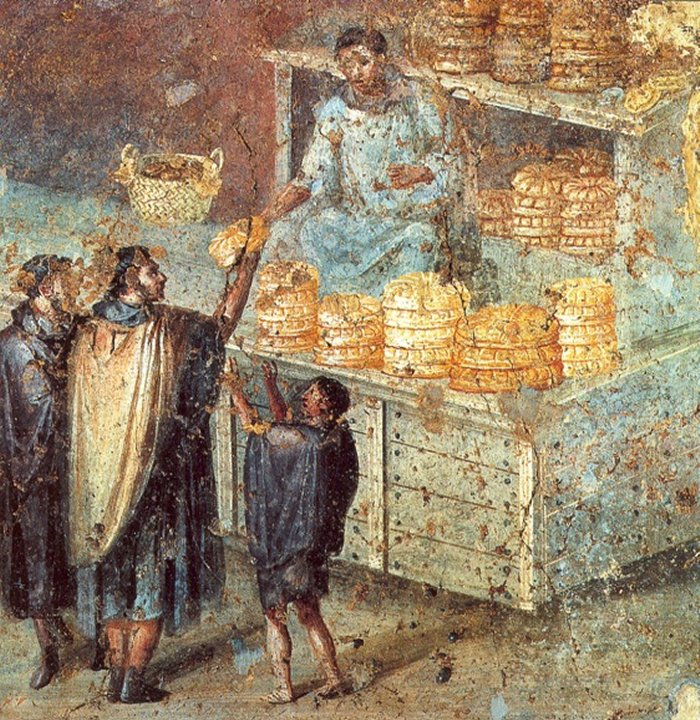In a rapidly changing world, the preservation of traditional practices is increasingly vital. These customs not only establish a connection to our history but also enhance our cultural identity, fostering a sense of community involvement and generational knowledge. Today’s youth play a crucial role in both the preservation and innovation of these practices to ensure …
Mês: Junho 2024
Language serves as more than a mere tool for communication; it fundamentally shapes our cognition, influences our perception of the world, and governs our interactions with others through various linguistic structures and semiotic systems. This exploration delves into the intricate relationship between language and culture, examining concepts such as linguistic relativity, also known as the …
Communal meals have historically served as a fundamental aspect of cultural identity, facilitating connections and nurturing social ties across various societies. From the bustling streets of Asia to the vibrant gatherings in Africa and the rich traditions of Native American cultures, these shared dining experiences are essential for building community, exchanging knowledge, and reinforcing interpersonal …
As global travel continues to expand, the intersection between tourism and cultural preservation, including the impact on local communities and cultural heritage, has become increasingly important. While tourism can act as a catalyst for the preservation of traditions and the revitalization of cultural sites, it also introduces challenges that threaten the authenticity and sustainability of …
Bread has long been a fundamental component of human sustenance, significantly influencing diets and cultures worldwide. This article examines the history of bread-making, tracing its origins in ancient civilizations and the development of techniques that transformed basic grains into valued staples. It delves into the rituals and beliefs that accompany this time-honored practice, emphasizing its …





